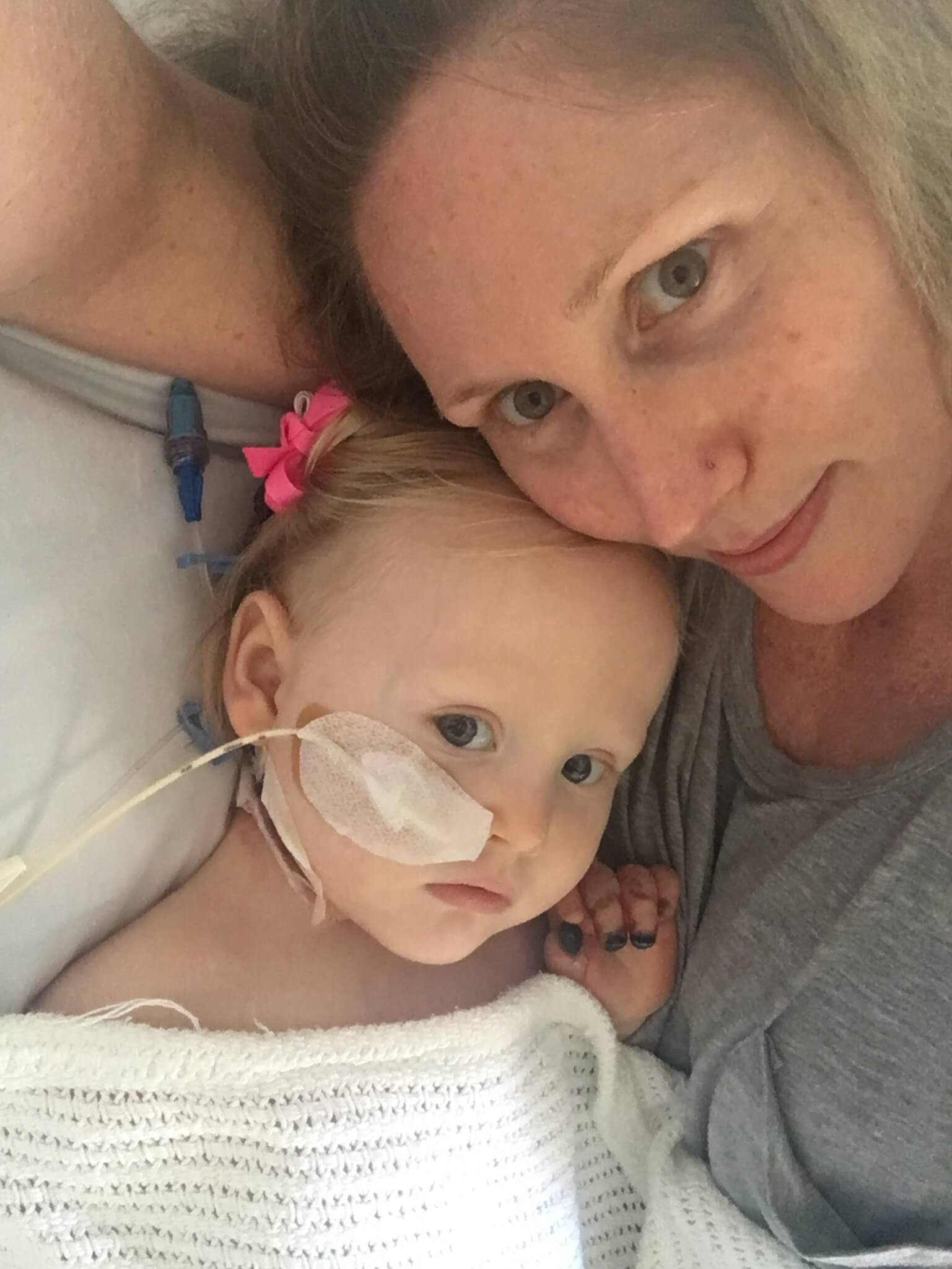Search
Research
Tonsils at Telethon: developing a standardised collection of tonsil photographs for group A streptococcal (GAS) researchGroup A streptococcus (GAS) infections, such as pharyngitis and impetigo, can lead to rheumatic fever and rheumatic heart disease (RHD). Australian Aboriginal and Torres Strait Islander populations experience high rates of RHD and GAS skin infection, yet rates of GAS pharyngitis are unclear.
Research
Overlapping Streptococcus pyogenes and Streptococcus dysgalactiae subspecies equisimilis household transmission and mobile genetic element exchangeStreptococcus dysgalactiae subspecies equisimilis and Streptococcus pyogenes share skin and throat niches with extensive genomic homology and horizontal gene transfer possibly underlying shared disease phenotypes.
Research
Specificity of the Modified Jones CriteriaJonathan Carapetis AM AM MBBS FRACP FAFPHM PhD FAHMS Executive Director; Co-Head, Strep A Translation; Co-Founder of REACH 08 6319 1000 contact@
Research
Research opportunities for the primordial prevention of rheumatic fever and rheumatic heart disease - streptococcal vaccine development: a national heart, lung and blood institute workshop reportStreptococcus pyogenes, also known as group A streptococcus (StrepA), is a bacterium that causes a range of human diseases, including pharyngitis, impetigo, invasive infections, and post-infection immune sequelae such as rheumatic fever and rheumatic heart disease. StrepA infections cause some of the highest burden of disease and death in mostly young populations in low-resource settings. Despite decades of effort, there is still no licensed StrepA vaccine, which if developed, could be a cost-effective way to reduce the incidence of disease.
Research
Morbidity of Scabies in Resource-Limited Countries: Rheumatic Heart Disease (RHD) and Post-Streptococcal Glomerulonephritis (APSGN)Scabies is one of the world’s most prevalent diseases, with approximately 147 million cases at any one time and an estimated annual incidence of 455 million new episodes. Although Group A streptococcal (GAS) pharyngitis has long been implicated in the pathogenesis of acute rheumatic fever (ARF) and subsequent rheumatic heart disease (RHD), impetigo caused by GAS has recently been postulated as a link between scabies and the pathogenesis of ARF.
Research
The potential global cost-effectiveness of prospective Strep A vaccines and associated implementation effortsGroup A Streptococcus causes a wide range of diseases from relatively mild infections including pharyngitis to more severe illnesses such as invasive diseases and rheumatic heart disease (RHD). Our aim is to estimate the cost-effectiveness of a hypothetical Strep A vaccine on multiple disease manifestations at the global-level.
Research
Invasive group A Streptococcus disease in Australian children: 2016 to 2018 - a descriptive cohort studyOur aims were to describe the epidemiological distribution of paediatric invasive group A Streptococcus disease in Australia and correlate this with influenza notifications

News & Events
Isla's Invasive Strep A Story"I had never heard of invasive Streptococcus A disease before, and I was shocked to hear that it is actually three times more common than meningococcal disease and just as deadly yet there is no vaccine to protect against it."
Research
Clinical decision rules for diagnosis of Streptococcus pyogenes sore throat in Fiji: a prospective diagnostic accuracy studyAcute rheumatic fever is an immune-mediated condition triggered by Streptococcus pyogenes sore throat and possibly skin infection, with a substantial burden in resource-limited settings. Clinical decision rules (CDRs) are commonly used to guide antibiotic treatment of sore throat based on signs and symptoms, but their diagnostic accuracy varies by study and setting. This work aimed to assess the accuracy of multiple CDRs in Fiji to diagnose S. pyogenes sore throat.
Research
It’s not just droplets: a systematic review and meta-analysis of the modes of transmission of Group A StreptococcusThe transmission of Group A Streptococcus (Strep A) through respiratory droplets has been considered the dominant mode of transmission to date; however, little is known about the relative contribution of other modes of transmission. This review systematically summarises the contemporary evidence regarding the transmission of Strep A.
